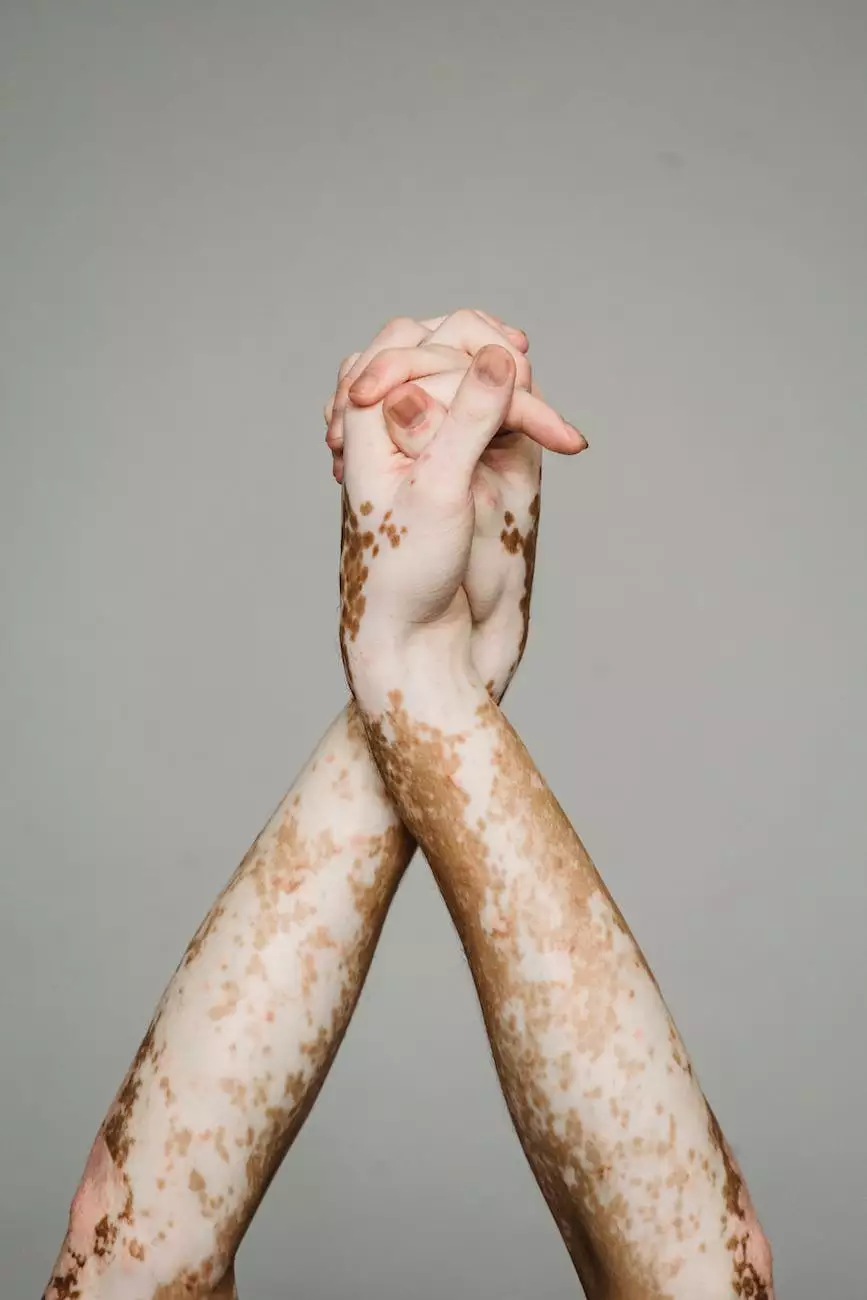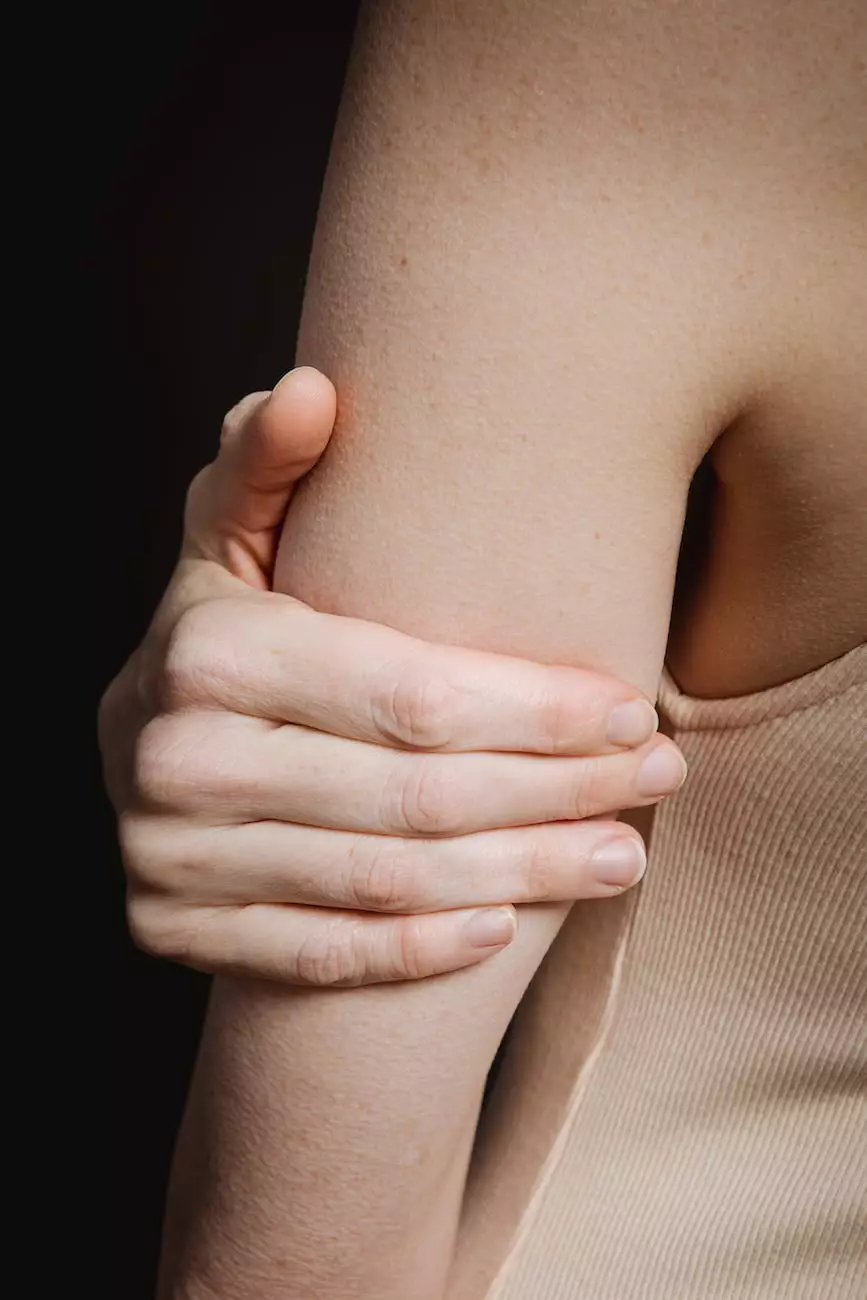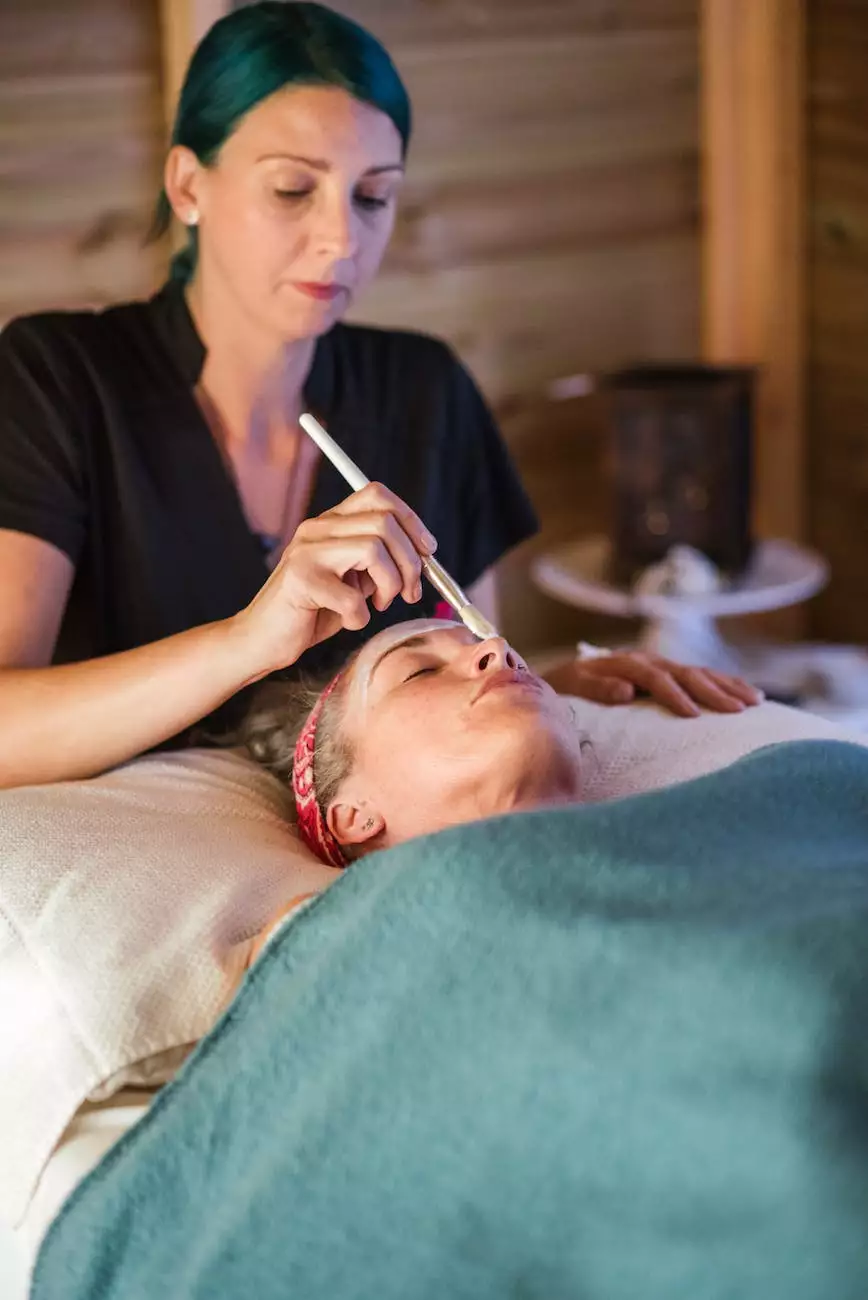Alopecia Areata - Hair Loss
Skin Care
Overview
Alopecia areata is a common hair loss condition characterized by patches of hair loss on the scalp or other parts of the body. At Smith, Arthur F, MD, we understand the impact hair loss can have on an individual's self-confidence and overall well-being. Our dedicated team of experts specializes in the diagnosis and treatment of alopecia areata, providing personalized care to help our patients regain their natural hair.
Causes
The exact cause of alopecia areata is still unknown. However, it is believed to be an autoimmune disorder, where the body's immune system mistakenly attacks the hair follicles, leading to hair loss. Other factors such as genetics, environmental triggers, and hormonal imbalances may also contribute to the development of this condition.
Symptoms
Alopecia areata often presents as small, round bald patches on the scalp. In some cases, it can affect eyebrows, eyelashes, and other areas with hair. The affected areas are usually smooth and devoid of any hair follicles. While not physically painful, the emotional and psychological impact of hair loss can be significant. If you are experiencing any symptoms of hair loss, it is crucial to seek professional evaluation and guidance.
Diagnosis
At Smith, Arthur F, MD, we employ a comprehensive approach to diagnose alopecia areata. Our team of experienced dermatologists will conduct a thorough examination of your scalp and review your medical history to determine the underlying cause of hair loss. In some cases, a scalp biopsy or blood tests may be recommended to rule out other potential conditions.
Treatment
We offer a range of effective treatment options tailored to each individual's needs. Our goal is to not only stop the progression of hair loss but also stimulate hair regrowth. Treatment options may include:
- Topical medications: Prescription-strength creams, foams, or lotions can be applied directly to the affected areas to promote hair regrowth.
- Injectable corticosteroids: Injections of corticosteroids into the scalp can help reduce inflammation and encourage hair growth.
- Oral medications: In certain cases, oral medications may be prescribed to suppress the immune response and prevent further hair loss.
- Light therapy: Low-level laser therapy or phototherapy may be recommended to stimulate hair regrowth.
- Hair transplantation: In severe cases, where extensive hair loss has occurred, hair transplantation procedures can be considered to restore hair density.
During your consultation with our experts, we will discuss the available treatment options, their potential benefits, and any associated risks or side effects. Our team is committed to providing individualized care and helping you make informed decisions about your treatment.
Prevention and Management
While there is no known way to prevent alopecia areata, certain measures may help in managing the condition:
- Stress management: Stress can trigger or exacerbate hair loss. Engaging in stress-reducing activities such as yoga, meditation, or exercise can be beneficial.
- Healthy lifestyle: Maintaining a balanced diet and ensuring adequate intake of essential nutrients can support overall hair health.
- Protective styling: Gentle hair care practices, avoiding harsh chemicals, and minimizing heat styling can help protect the hair.
- Support groups: Connecting with others experiencing hair loss can provide emotional support and valuable insights.
At Smith, Arthur F, MD, we understand the challenges associated with alopecia areata and are here to support you throughout your hair loss journey. Our compassionate team is dedicated to helping you regain your confidence and achieve optimal hair regrowth.
Contact Us
If you are experiencing hair loss or have any concerns regarding your hair health, we encourage you to schedule a consultation with our experts. Contact Smith, Arthur F, MD today to begin your personalized hair loss evaluation and explore the most effective treatment options available.




